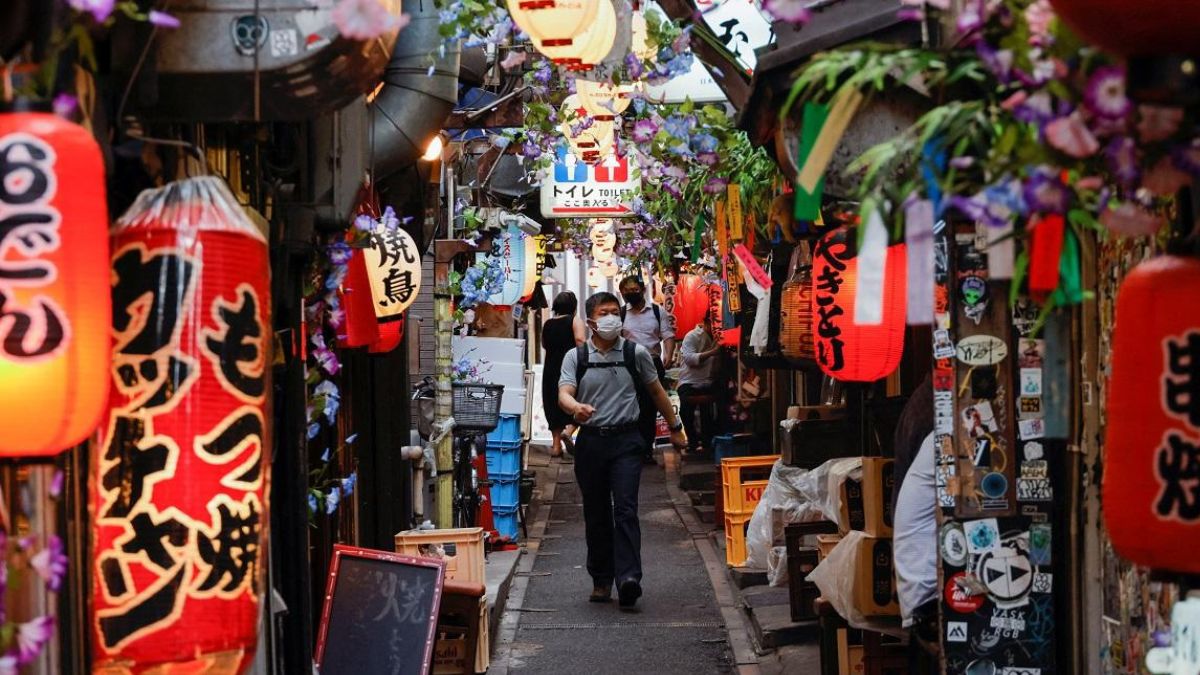Japan is set to welcome a record 35 million foreign visitors in 2024, anticipating an unprecedented surge in tourism fueled by the easing of travel restrictions, major international events, and robust promotional campaigns. This expected influx is poised to provide a significant boost to the Japanese economy and enhance cultural exchange.
The forecast marks a remarkable recovery for Japan’s tourism sector, which suffered greatly during the COVID-19 pandemic. The resurgence in visitor numbers is attributed to several factors, including the lifting of travel bans, increased flight availability, and Japan’s proactive efforts to attract international tourists.
One of the key drivers behind the anticipated rise in visitors is Japan’s strategic hosting of major events in 2024. The country will be hosting the 2024 World Expo in Osaka, a highly anticipated event expected to draw millions of visitors from around the globe. Additionally, various international conferences, sporting events, and cultural festivals will serve as major attractions, further boosting tourism numbers.
Japan’s government and tourism authorities have been actively promoting the country as a premier travel destination through extensive marketing campaigns. These initiatives highlight Japan’s rich cultural heritage, diverse landscapes, and unique culinary experiences. Efforts to streamline the visa application process and improve travel infrastructure are also underway, making it easier for tourists to visit and explore the country.
Moreover, the relaxation of travel restrictions has played a crucial role in the tourism rebound. Many countries have lifted or eased their COVID-19 travel bans, facilitating smoother travel for international tourists. Japan’s stringent health and safety measures, combined with its high vaccination rates, have bolstered traveller confidence, making it a preferred destination for many.
The expected surge in tourism is not only beneficial for the hospitality and service sectors but also has broader economic implications. Increased tourist spending is anticipated to stimulate local economies, create jobs, and drive growth in various industries such as retail, transportation, and entertainment. The positive economic impact is likely to be felt nationwide, from bustling urban centres like Tokyo and Osaka to regional areas known for their natural beauty and traditional culture.
Cultural exchange is another significant aspect of the tourism boom. The influx of foreign visitors will provide opportunities for deeper intercultural understanding and the sharing of traditions. Japan’s cultural heritage sites, museums, and festivals will serve as platforms for showcasing the country’s history and arts, fostering greater global appreciation for Japanese culture.

